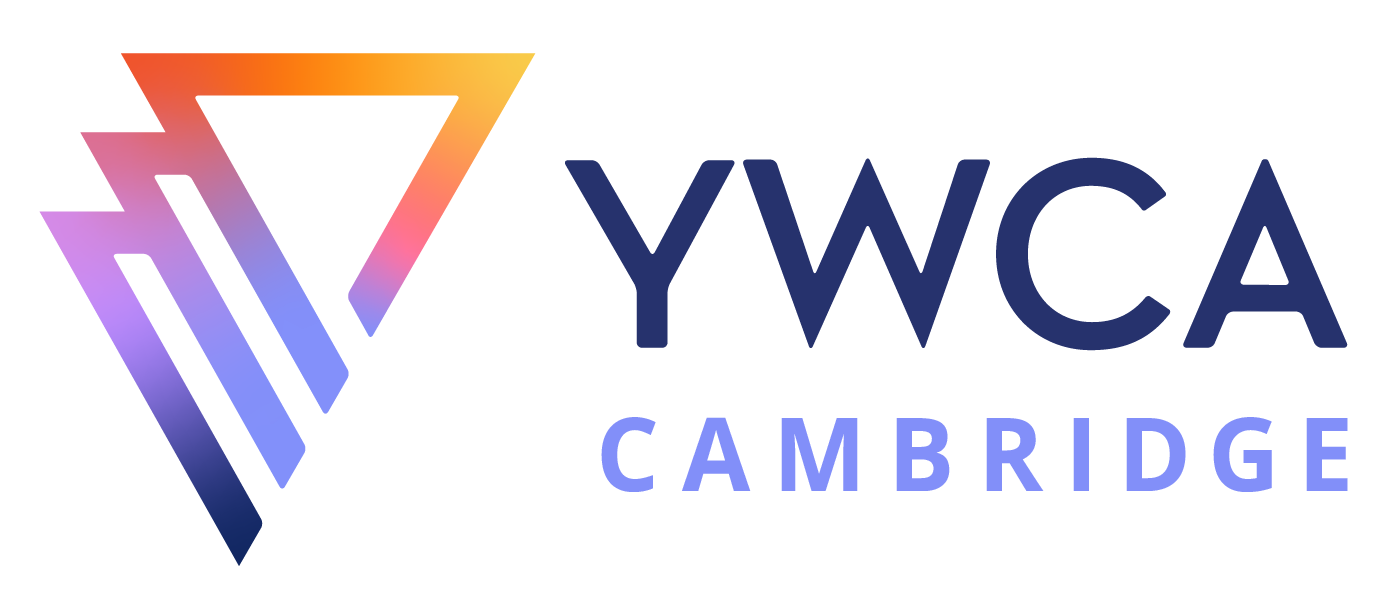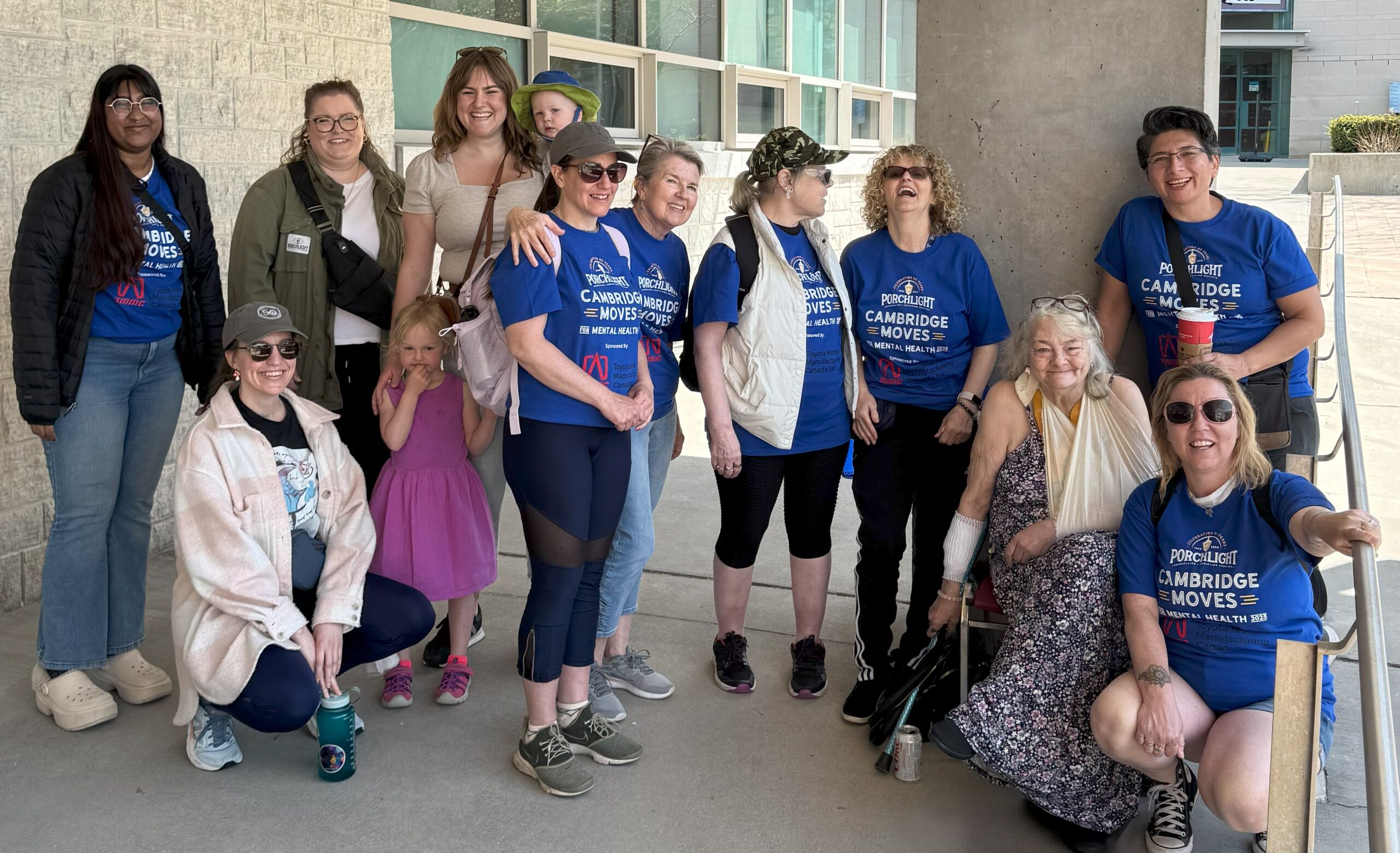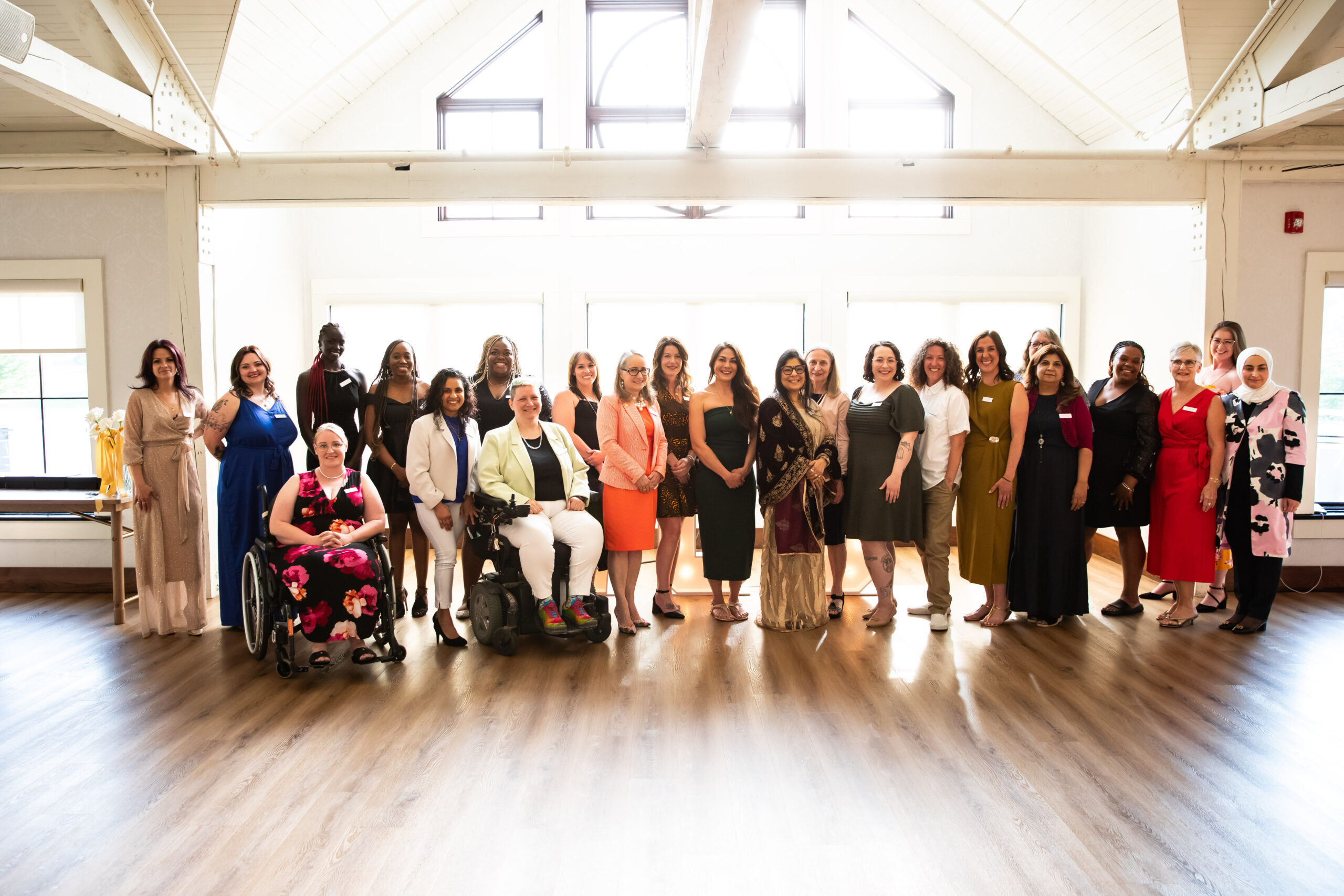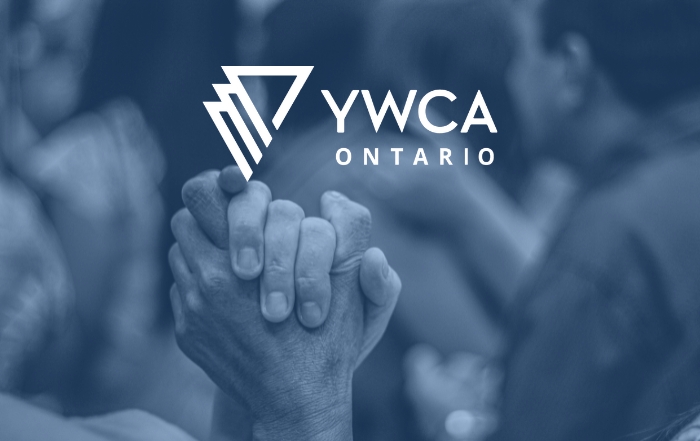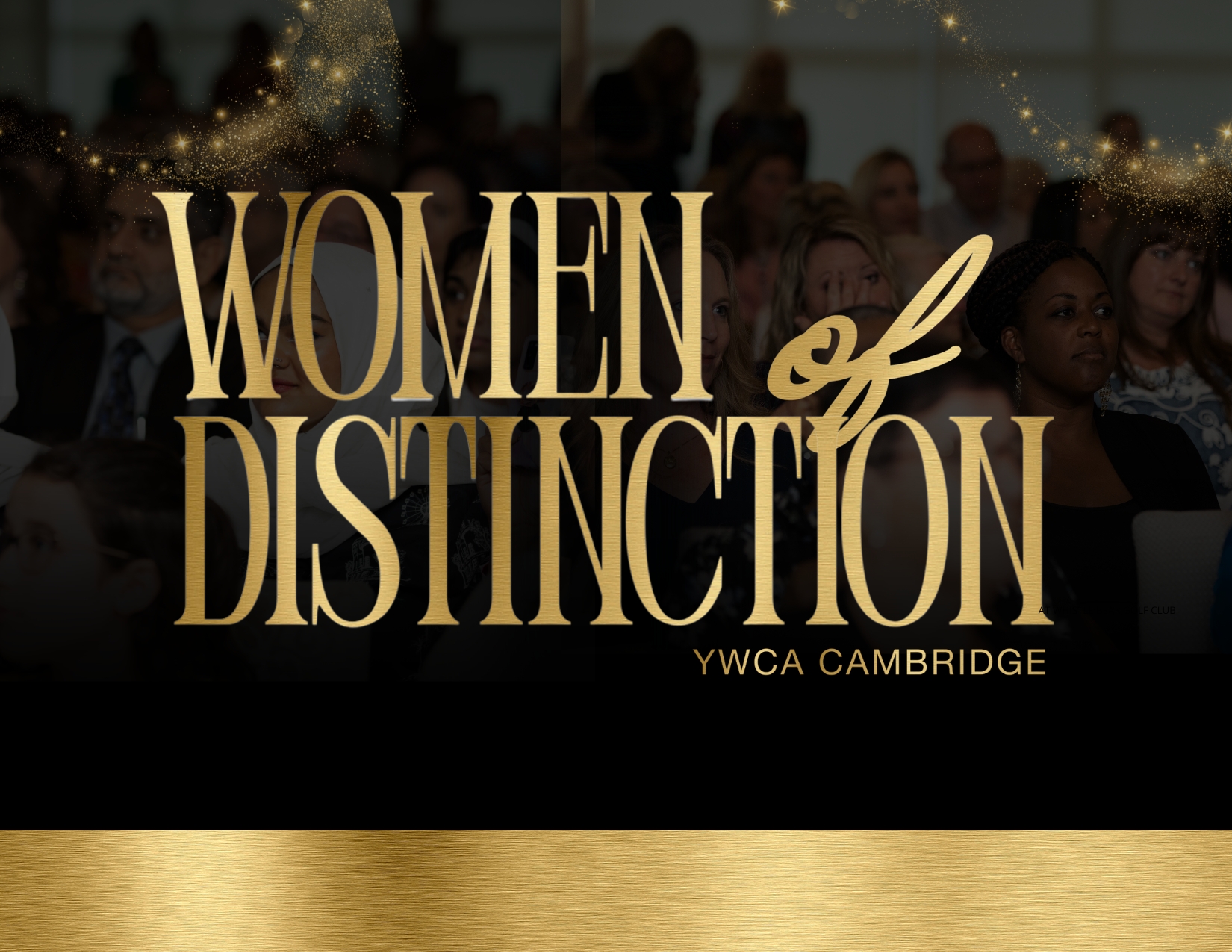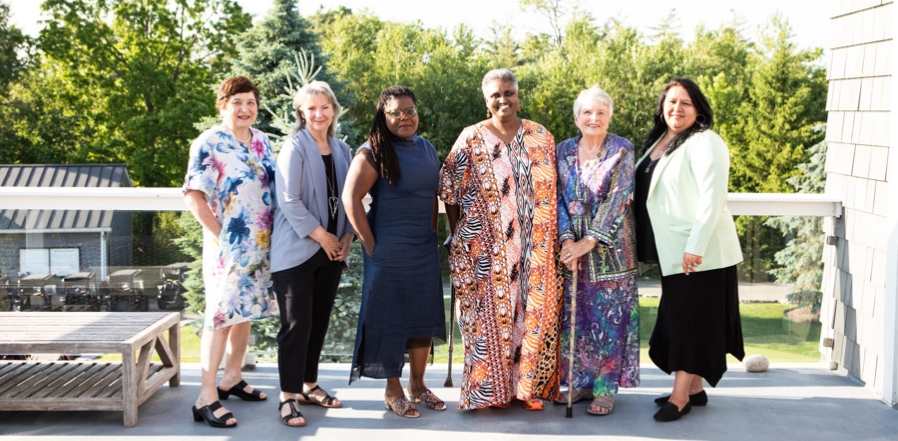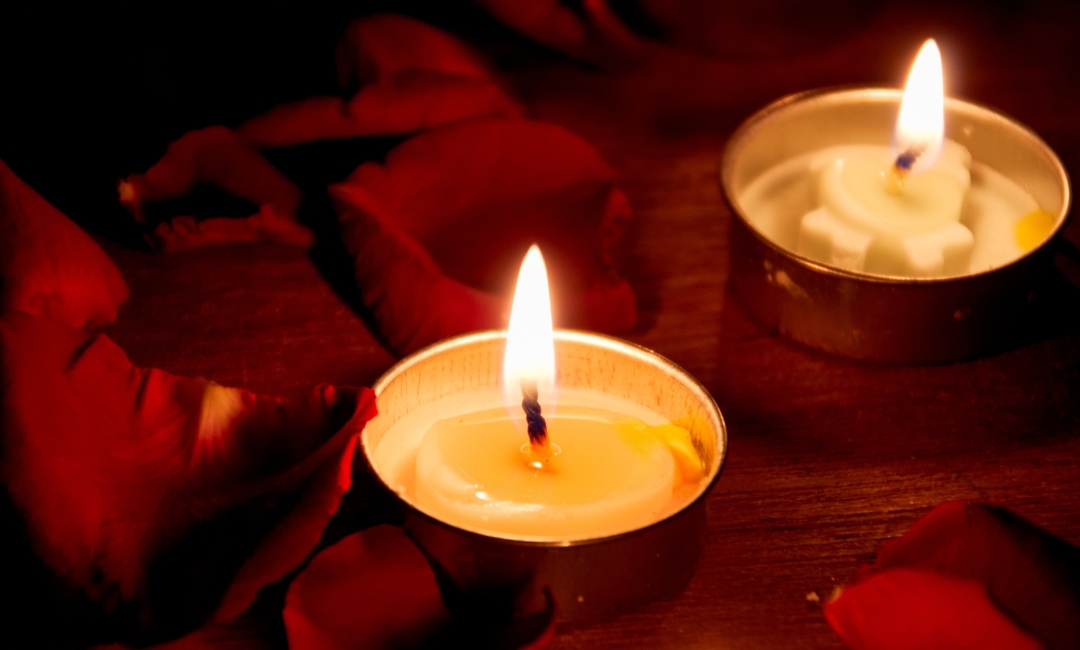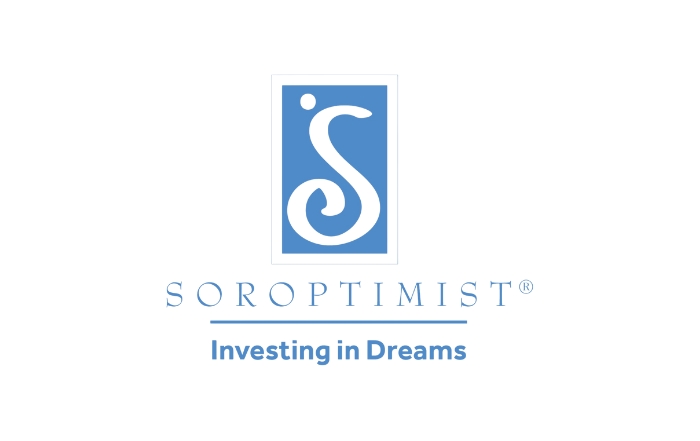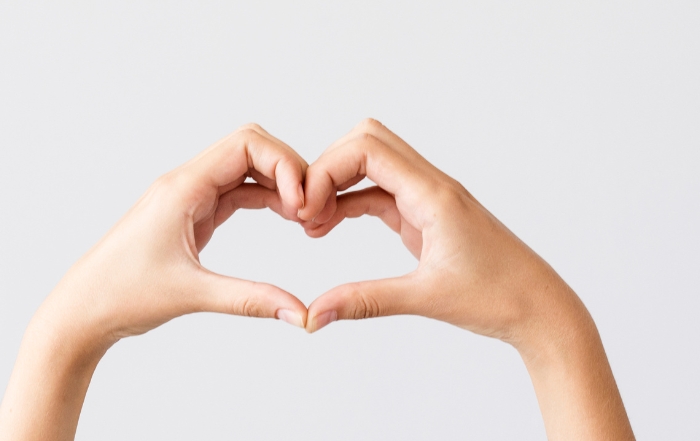The following blog was contributed by YWCA Cambridge staff member, Tara Kleinsteuber
We’ve all heard the “check-in on your______________ friends” sentiment. Usually, an onslaught of memes with that fill-in-the-blank line starts to pop up when an injustice or tragedy happens to an individual carrying the identity trait in said blank.
Even though not one identity trait lends to being part of a monolithic group (hello, intersectionality!), we still make the assumption that we all want and need to be checked-in on by strangers on the internet – strangers we often assume are friends based on how we’ve engaged with them online. That being said, I do not speak for everyone, either. There are likely some folks who do appreciate the support from their online community.
But I want to talk about how we approach individuals, the assumptions we make with our language, and our actual intentions when we do reach out.
The idea to write this blog post came to me after receiving messages from followers of my social media channels, “checking” on me after the news of the unmarked graves found on Tk’emlúps te Secwépemc First Nation lands.
I have shared openly that my grandfather attended a residential school, and have shared a little bit about how that has impacted my family. The influx of messages from folks I have never met in person, sending me “check-ins” has been overwhelming. It’s not that I don’t appreciate that these folks thought of me. It’s the fact that these conversations often end up becoming sources of “learning” for them as the discussion goes on. The language being used and the comments being made show just how disconnected folks are from really grasping the impact that residential schools truly had and continue to have on First Nations, Metis and Inuit individuals.
I will preface these next few thoughts by saying I am not here to give you the standard “Google is your friend” line, because I do feel there is such value in hearing the stories of people close to you, and stories from those close to where you live.
But with that being said, imposing yourself on someone you follow on social media is not the same as approaching someone you have a personal connection to in real life. The lines of who we actually know are blurred, especially during a pandemic when most of our social connections are through our devices.
With these boundaries between personal and impersonal being so blurred, it’s important to consider what and how we’re writing these “check-in” messages. The language we use, the way we frame questions, is the intention to show compassion and sincerely check in? Or is it something else. In my experience, the messages have often fallen into the “something else” category. Regardless of the best of intentions behind them, the messages have been at times invasive or made me feel obliged to educate, and at worst, they’ve been really upsetting to read.
That said, I wanted to take this opportunity to share some of my thoughts as a Metis person on what to consider when reaching out with a “check-in” message.
- Don’t assume that everyone is connected to a living community. I’ve had a few folks reach out and ask me how my “community” is feeling. Assuming I have a community is to assume I have reconnected (or never lost my cultural and familial connection in the first place). Reconnecting is our work to do, yes. However, for a number of reasons, many of us haven’t done that work. Some of us are actually unaware of where we come from. In my case, my grandfather was my last known family generation. We know his birthplace and the school he attended, but as to what family or community we could go back to, to be a part of, we have no leads.
- Understand that asking questions about how one’s family members are doing can absolutely be supportive, but consider your relationship to a person before you ask that. I for one, do not want to breach my mother’s confidentiality to someone I do not know, and someone who does not know of her. This is a painful time, and sometimes all it takes to get me crying is thinking of how my mother is feeling.
- This is not the time for “I want to learn” or “I don’t know anything about this.” These are not appropriate pieces to include in conversation that started as a check-in, especially at such a painful time. These statements wreak of entitlement- “put aside your pain for my need” or “I want to prove to you that I am going to do something to be an ally” are essentially what is being said. These statements often inadvertently prompt the person you are speaking to to begin sharing painful history with you.
- It is not my responsibility to educate you. Again, I am not going to tell you to go “Google” something, but at the same time, whatever resources I share with someone are likely resources they can find themselves with a little bit of effort. There’s often a concern from folks that they’re not finding the “best” or “most accurate” resources, but to ask an Indigenous person for the “best” source, borders on tokenism (in assuming we are the one person who would know, because of our identity) AND again, assumes we are all a monolith with a monolithic lens. If you’re checking in on me, it is hurtful to have your next line be “where can I go to learn more about this” when if you truly were invested, you would take the time to find this information on your own.
- I am not ready to be a personal resource for you. No one First Nations, Metis or Inuit individual can tell you exactly how it has been for all of us. We do not all have the same experience and do not all see things the exact same way. Asking me to share my story with you will still not give you the bigger picture as to everything that has happened through generations of genocide. If you’re messaging to check in, do not dig for more details about my personal story. I will share when I am ready.
In closing, I would ask you to keep in mind that you are not the one who has to go on the rest of your day feeling sad or activated after opening these messages, but the person you checked in on might, which is a heavy trade for an opportunity for you to feel like you did a good deed by “checking in on your Indigenous friend.”
I have received some wonderful messages from folks, from people I know online, and people I am close to in person, simply saying “I remember what you’ve shared with me, I wanted to send you a little note to share that I’m thinking of you.” And in these notes, it is evident that there is a level of care and consideration that comes with relationship building. My point being, a commitment to learning and applying empathy to what we’ve learned comes ahead of “doing the right thing.”
Social media will often tell us that the “right thing” to do is to check in on any First Nations, Metis or Inuit person we think we know right now, but there may be more important work that needs to be done first.
